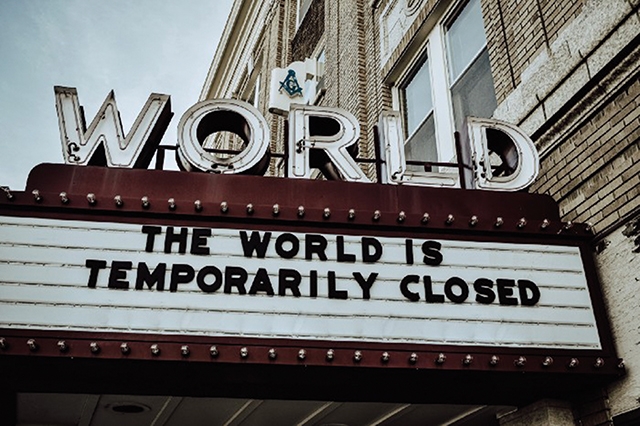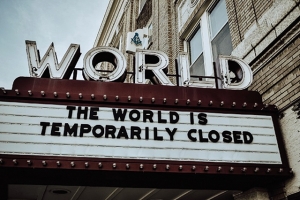Coronavirus Global Updates: Total Cases Exceed 15 mln
Although the world’s attention has slightly shifted away from the coronavirus pandemic because we have, more or less, grown accustomed to the new way of life, the infection stands strong, spreading still in the old and new areas of the world. At time of going to press, the coronavirus total cases in the world stood at 15,400,761, with 630,781 deaths and 9,377,142 recoveries.
The epicenter of the coronavirus infection moved from Europe to the US months ago. The States is the worst-hit country from the pandemic, recording more than 4.1 million infections, of which 1,943,503 have recovered while 146,192 have sadly lost their lives. According to the Reuters tally, this amounts to 2,600 new coronavirus infections every hour on average in the country, the highest rate in the world. The rate was probably the reason behind President Trump’s change of tone about the need to take precautionary measures. He had previously been reluctant to even wear a mask himself, yet he recently made a public appearance during which he wore a mask and even asked the American population to take the use of masks seriously.
The country’s two parties, the Republicans and the Democrats, are deeply divided on the coronavirus aid bill, among other things: the virus relief bill of $3.4 trillion was passed by the Democratic-controlled House of Representatives back in May. The Senate, which is controlled by the Republicans, is expected to unveil a package later this week that will cost closer to one trillion dollars, according to Senate Republican Leader Mitch McConnell.
Latin America is another epicenter of the virus. With Brazil registering new daily records, confirmed cases across Latin America have exceeded an alarming 4 million. Brazil now comes second with its registered cases of over 2.2 million, while the death toll currently stands at 82,890.
India comes third in the sad world ranking of confirmed coronavirus cases, and is the only other country with more than 1 million cases. It reported almost 40,000 new cases on Wednesday, and added another nearly 2000 cases on early Thursday.
South Africa comes 5th, with nearly 400,000 infections. The country has registered 5,940 deaths from the virus and, according to WorldoMeters has 539 critical patients. While compared to other countries with the most COVID cases the death toll of the state does not seem so alarming, the pandemic effect on the economy is worrying the population. Thousands of restaurant and bar owners joined a protest on Wednesday, placing tables and chairs outside on the streets. What they were protesting was the national restriction that forbids them from selling alcohol or trading after 9 pm. Many business-owners call the pandemic a “job-killing virus.”
Europe is still undecided about reopening its borders, with daily cases of COVID-19 fluctuating across the continent. France has recorded a rise in the pandemic cases, recording almost 1000 new cases on Wednesday. So has the Catalunya region of Spain, and this has had France wondering if closing the border to Spain should be considered: on Sunday, French Prime Minister Jean Castex did not rule out such a move. In response, Spanish Tourism Minister Reyes Maroto said the resurgence in the region “was coming under control,” with data having shown a fall of infections in the past three days, which has her hopeful that there will be no need for France to close the border. In total, Spain has registered 314,631 COVID-19 cases, making the country the state with ninth highest number of coronavirus infections.
Georgia has so far registered 1085 COVID-19 cases. 911 have already recovered, and 16 have died, the latest death recorded this week, while 5936 people are waiting in quarantine. The country is taking the reopening of its borders slowly. On Wednesday, the Civil Aviation Agency of the Ministry of Economy and Sustainable Development announced that international regular air traffic will be restricted until September 1. This entails some exceptions: at present, regular flights to Tbilisi are being allowed from Munich, Paris and Riga.
With the continued virus spread, WHO has announced the wait for the coronavirus vaccine will last until 2021. "Realistically, it’s going to be the first part of next year before we start seeing people getting vaccinated," Mike Ryan, Head of WHO's Emergencies Program said this week.
By Nini Dakhundaridze
Photo by Edwin Hooper on Unsplash. Sources: The NY Times, Al Jazeera, Reuters












